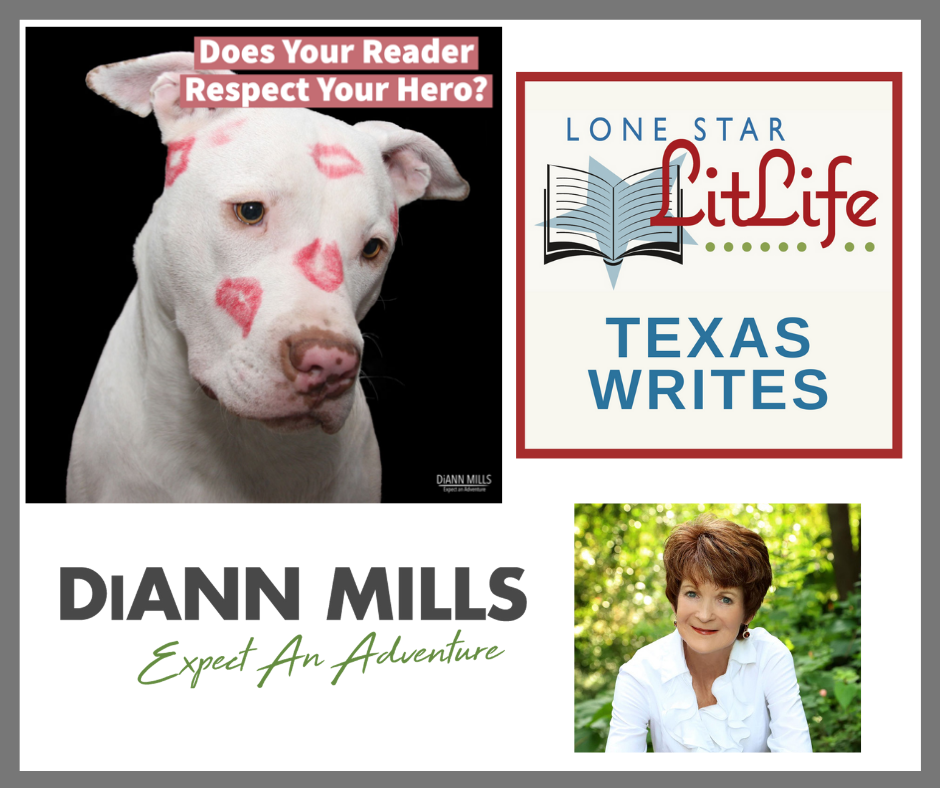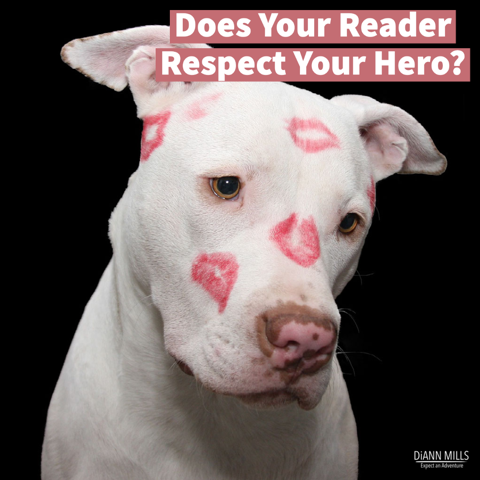

A praiseworthy story captures the reader’s heart and draws them into the hero’s world. The reader respects and forms a sympathetic bond with the hero and looks forward to spending hours trekking through an adventure. The reader and hero face odds, overcome hurdles, and use strengths to challenge the opposition. The reader experiences the hero who recognizes flaws and takes steps to grow and change into a stronger character. That’s true for the reader and the hero.
Two types of heroes break the traditional view of what we expect with the additive of anti.
An anti-hero is a character who doesn’t fall under the category of a hero or a villain. They differentiate right from wrong, but that doesn’t dictate what they’ll choose. Their actions, whether noble or ignoble, accomplish something that benefits them. Behavior may appear brave, courageous, and self-sacrificing, but a deeper look shows an untrustworthy character. The goal is self-serving, even if the outcome is good. The reader observes the anti-hero and sees admirable traits with the belief the character will eventually be a hero. In some instances, readers accept the anti-hero as a hero.
An example of an anti-hero is Captain Jack Sparrow from Pirates of the Caribbean. Sparrow is funny, cute, outlandish, unconventional, and yet he has heroic qualities.
Another example is Shrek and for the same reason as our friend Captain Jack Sparrow.
A dark hero is a character who lacks the traditional characteristics and is a little harder to like. This character may break the law for a cause greater than him/herself and demonstrate excessive violence. A dark hero isn’t concerned about who gets hurt, the violence, or even the outcome used to reach the goal; it’s all collateral. The character has a big heart but is possibly misguided in behavior. Usually, this character wants no part of taking on a heroic role. Dark heroes can redeem themselves through the course of the story, from where the title originated. Again, some readers accept the dark characteristics and refer to the character as a hero.
An example of a dark hero could be Robin Hood. He’s a thief; no denying it. And his ways break the law, at least for the rich. He doesn’t care who gets hurt as long as he’s able to give to the poor. Nice guy as long as you fall beneath the poverty level. He uses his charm and manipulative skills to his advantage.
Another example of a dark hero is Oliver Queen, who takes a vigilante approach in the Arrow. He’s handsome, intelligent, and is willing to take risks for the underdog. Even if his ways are unconventional.
Not all readers want a hero who compromises ethics and breaks the law for a seemingly greater good. The reader’s experience doesn’t occur unless the writer ensures the hero is respected. How does a writer create a story that fills the reader with esteem for a character who will make mistakes and may or may not suffer the consequences?
 Here are a few tips to create a hero your reader respects:
Here are a few tips to create a hero your reader respects:
1. Develop a character who is three-dimensional—the good and the bad.
2. Establish a backstory that points to life experiences that have hardened the exterior of the character but shows a heart capable of softening.
3. Determine inner conflict with strong emotions and credibility.
4. Force the character to make tough decisions despite the possibility of consequences.
5. Motivate the character with propelling actions that make sense to him and help others.
6. Show how the character impacts lives for good through unconventional means.
Stories need complex heroes to walk through the pages of a novel. Are you up to the task?
DiAnn Mills is a bestselling author who believes her readers should expect an adventure. She is a founding board member of the American Christian Fiction Writers, director of the Blue Ridge Mountains Christian Writers Conference, and a member of Advanced Writers and Speakers Association, Mystery Writers of America, Sisters in Crime, International Thriller Writers, and Jerry Jenkins Writers Guild.
DiAnn is passionate about helping other writers be successful and speaks to various groups and teaches writing workshops around the country. She and her husband live in sunny Houston. DiAnn is very active online and loves to connect with readers on social media and at diannmills.com
